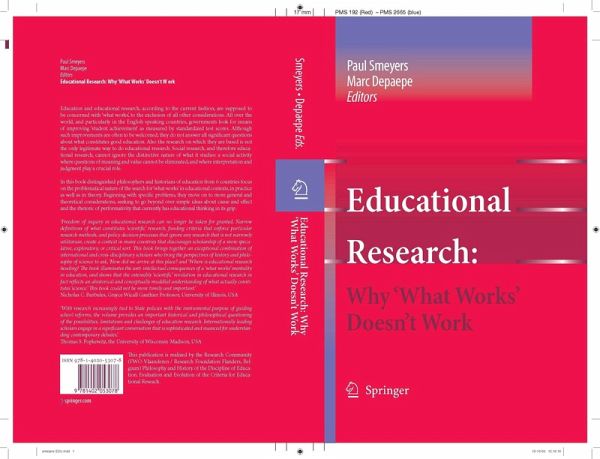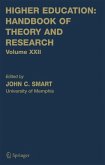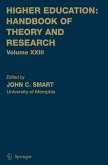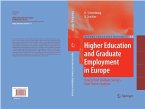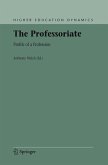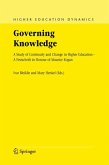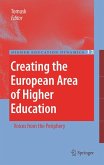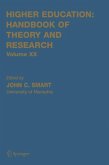Dieser Download kann aus rechtlichen Gründen nur mit Rechnungsadresse in A, B, BG, CY, CZ, D, DK, EW, E, FIN, F, GR, HR, H, IRL, I, LT, L, LR, M, NL, PL, P, R, S, SLO, SK ausgeliefert werden.
This book brings together an exceptional combination of international and cross-disciplinary scholars who bring the perspectives of history and philosophy of science to ask, 'How did we arrive at this place? and 'Where is educational research heading? The book illuminates the anti-intellectual consequences of a 'what works' mentality in education, and shows that the ostensibly 'scientific' revolution in educational research in fact reflects an ahistorical and conceptually muddled understanding of what actually constitutes 'science.' This book could not be more timely and important."
Nicholas C. Burbules, Grayce Wicall Gauthier Professor, University of Illinois
"With research increasingly tied to State policies with the instrumental purpose of guiding school reforms, the volume provides an important historical and philosophical questioning of the possibilities, limitations and challenges of education research. Internationally leading scholars engage in a significant conversation that is sophisticated and nuanced for understanding contemporary debates." Thomas S. Popkewitz, the University of Wisconsin-Madison, USA
This book brings together an exceptional combination of international and cross-disciplinary scholars who bring the perspectives of history and philosophy of science to ask, 'How did we arrive at this place? and 'Where is educational research heading? The book illuminates the anti-intellectual consequences of a 'what works' mentality in education, and shows that the ostensibly 'scientific' revolution in educational research in fact reflects an ahistorical and conceptually muddled understanding of what actually constitutes 'science.' -- This book could not be more timely and important." -- Nicholas C. Burbules, Grayce Wicall Gauthier Professor, University of Illinois
"With research increasingly tied to State policies with the instrumental purpose of guiding school reforms, the volume provides an important historical and philosophical questioning of the possibilities, limitations and challenges of education research. Internationally leading scholars engage in a significant conversation that is sophisticated and nuanced for understanding contemporary debates." -- Thomas S. Popkewitz, the University of Wisconsin-Madison, USA

